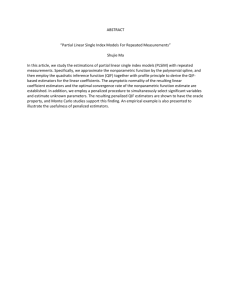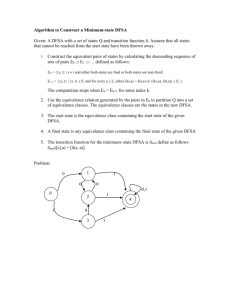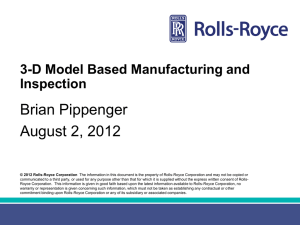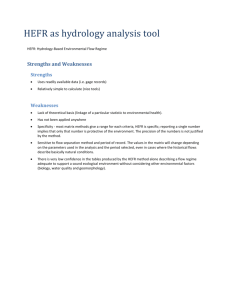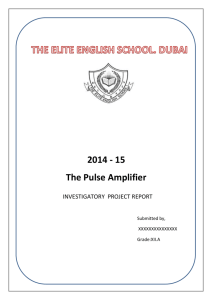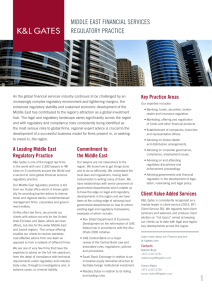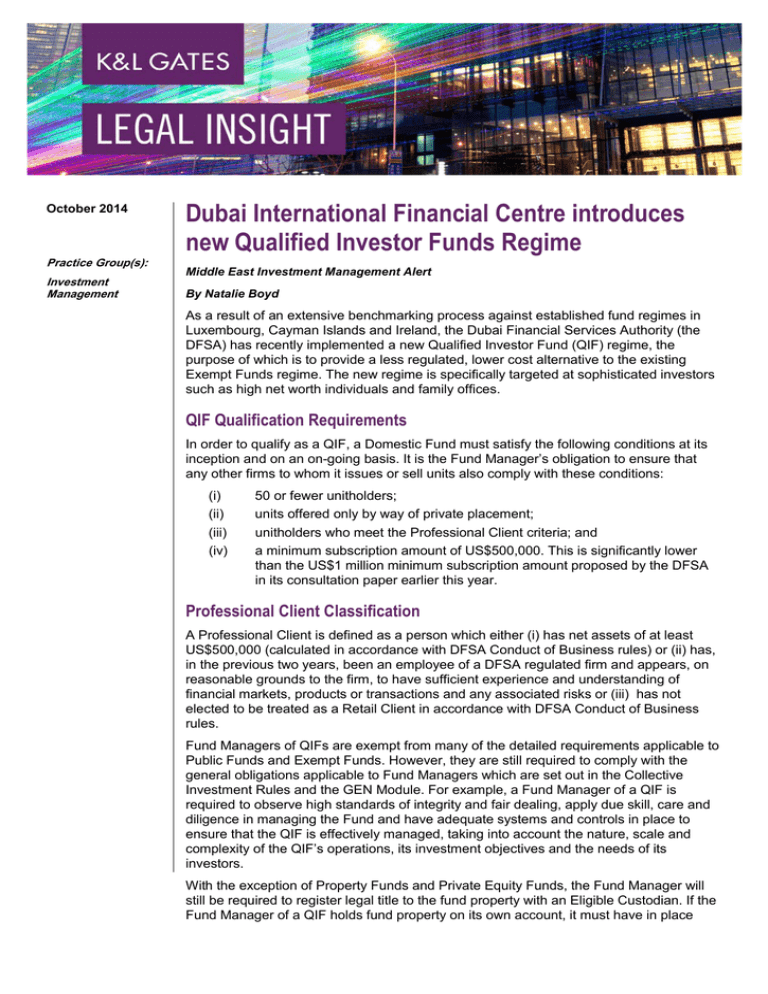
October 2014
Practice Group(s):
Investment
Management
Dubai International Financial Centre introduces
new Qualified Investor Funds Regime
Middle East Investment Management Alert
By Natalie Boyd
As a result of an extensive benchmarking process against established fund regimes in
Luxembourg, Cayman Islands and Ireland, the Dubai Financial Services Authority (the
DFSA) has recently implemented a new Qualified Investor Fund (QIF) regime, the
purpose of which is to provide a less regulated, lower cost alternative to the existing
Exempt Funds regime. The new regime is specifically targeted at sophisticated investors
such as high net worth individuals and family offices.
QIF Qualification Requirements
In order to qualify as a QIF, a Domestic Fund must satisfy the following conditions at its
inception and on an on-going basis. It is the Fund Manager’s obligation to ensure that
any other firms to whom it issues or sell units also comply with these conditions:
(i)
(ii)
(iii)
(iv)
50 or fewer unitholders;
units offered only by way of private placement;
unitholders who meet the Professional Client criteria; and
a minimum subscription amount of US$500,000. This is significantly lower
than the US$1 million minimum subscription amount proposed by the DFSA
in its consultation paper earlier this year.
Professional Client Classification
A Professional Client is defined as a person which either (i) has net assets of at least
US$500,000 (calculated in accordance with DFSA Conduct of Business rules) or (ii) has,
in the previous two years, been an employee of a DFSA regulated firm and appears, on
reasonable grounds to the firm, to have sufficient experience and understanding of
financial markets, products or transactions and any associated risks or (iii) has not
elected to be treated as a Retail Client in accordance with DFSA Conduct of Business
rules.
Fund Managers of QIFs are exempt from many of the detailed requirements applicable to
Public Funds and Exempt Funds. However, they are still required to comply with the
general obligations applicable to Fund Managers which are set out in the Collective
Investment Rules and the GEN Module. For example, a Fund Manager of a QIF is
required to observe high standards of integrity and fair dealing, apply due skill, care and
diligence in managing the Fund and have adequate systems and controls in place to
ensure that the QIF is effectively managed, taking into account the nature, scale and
complexity of the QIF’s operations, its investment objectives and the needs of its
investors.
With the exception of Property Funds and Private Equity Funds, the Fund Manager will
still be required to register legal title to the fund property with an Eligible Custodian. If the
Fund Manager of a QIF holds fund property on its own account, it must have in place
Dubai International Financial Centre introduces new Qualified Investor
Funds Regime
effective arrangements which ensure that the property is not available to creditors in the
event of the insolvency of the Fund Manager.
QIF Regulatory Exemptions
As a consequence of the higher minimum subscription amount and Professional Client
requirements, QIFs benefit from a fast track (i.e. two business day) authorisation
process, lighter regulatory treatment (such as limited prospectus disclosure requirements
and more flexibility with regard to appointment of fund custodians) and a number of
exemptions, such as:
(i)
(ii)
(iii)
(iv)
(v)
(vi)
there is no obligation to make mandatory statements or disclosures in the
fund’s constitution;
the majority of the operational requirements under the Collective Investment
Rules do not apply to QIFs, for example, best execution principles and
requirement relating to the maintenance of a register and unitholder meetings
do not apply;
there is no requirement to file interim reports, only annual reports;
there are no strict valuation periods; the Fund Manager is only expected to
value fund property at appropriate intervals;
there are exemptions from a number of investment restrictions, for example, a
QIF is entitled to invest in a fund of funds, which is not the case for all types
of DIFC funds; and
in respect of Islamic QIFs, there is no obligation to appoint a Shari’ah Board
and obtain Shari’ah Board approval of the fund’s constitutional and offering
documentation, although the Fund Manager is still required to ensure that the
QIF is not in breach of its Shari’ah requirements.
Author:
Natalie Boyd
natalie.boyd@klgates.com
+971.4.427.2731
Anchorage Austin Beijing Berlin Boston Brisbane Brussels Charleston Charlotte Chicago Dallas Doha Dubai Fort Worth Frankfurt
Harrisburg Hong Kong Houston London Los Angeles Melbourne Miami Milan Moscow Newark New York Orange County Palo Alto
Paris Perth Pittsburgh Portland Raleigh Research Triangle Park San Francisco São Paulo Seattle Seoul Shanghai Singapore
Spokane Sydney Taipei Tokyo Warsaw Washington, D.C. Wilmington
K&L Gates comprises more than 2,000 lawyers globally who practice in fully integrated offices located on five
continents. The firm represents leading multinational corporations, growth and middle-market companies,
capital markets participants and entrepreneurs in every major industry group as well as public sector entities,
educational institutions, philanthropic organizations and individuals. For more information about K&L Gates or
its locations, practices and registrations, visit www.klgates.com.
This publication is for informational purposes and does not contain or convey legal advice. The information herein should not be used or relied upon
in regard to any particular facts or circumstances without first consulting a lawyer.
© 2014 K&L Gates LLP. All Rights Reserved.
2

